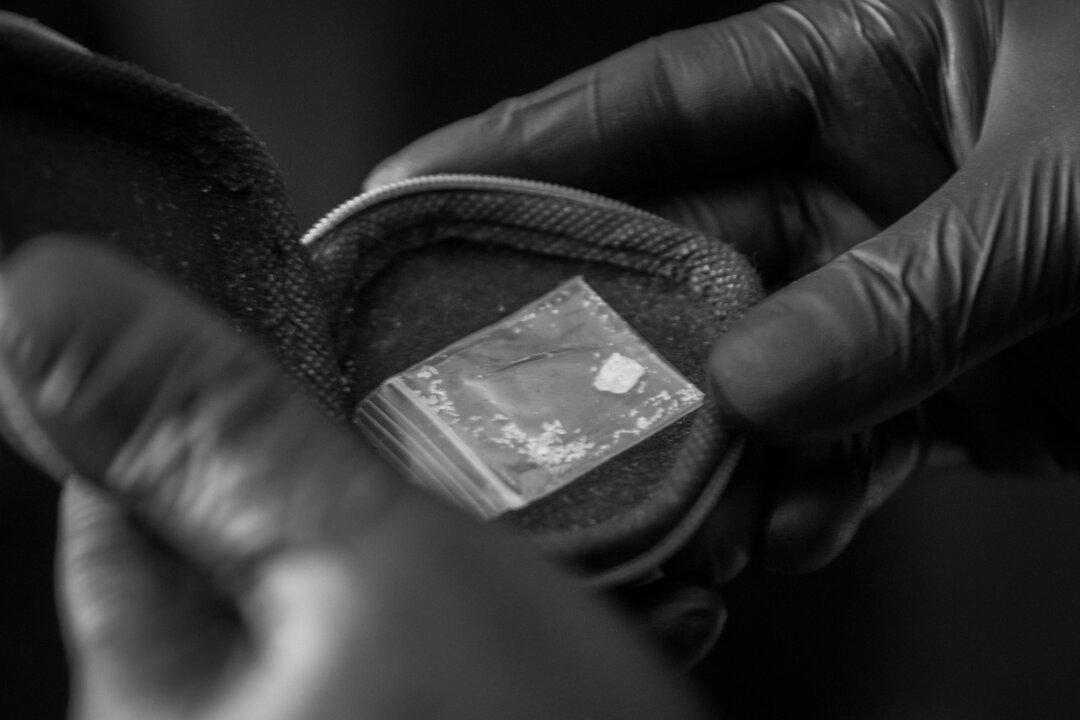Tucked inside a package of opioid bills signed by the president on Oct. 25 is a measure that will make it easier for law enforcement to crack down on kickbacks in the addiction-recovery business, which have hurt addicts and their private insurers.
Those using kickbacks, bribery, or rebates to either get or give referrals to recovery homes, clinical treatment facilities, or laboratories can now be fined as much as $200,000 and face up to 10 years in prison. Using kickbacks to get business from Medicare and Medicaid patients has been illegal since 1972 but until now, the private insurance industry hasn’t had any such federal protection.






